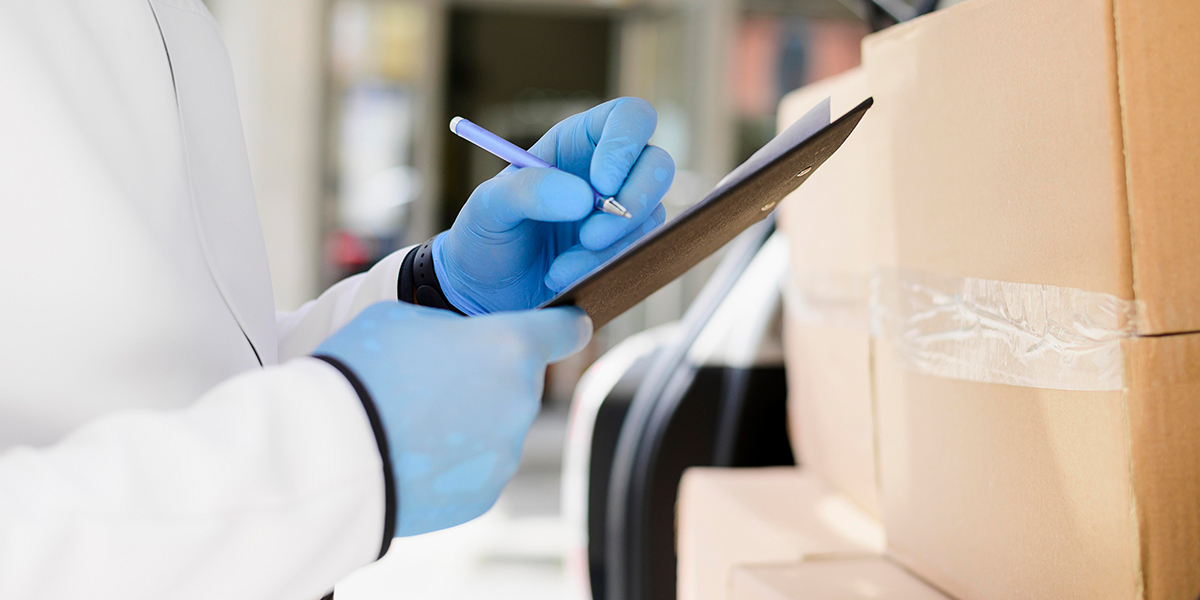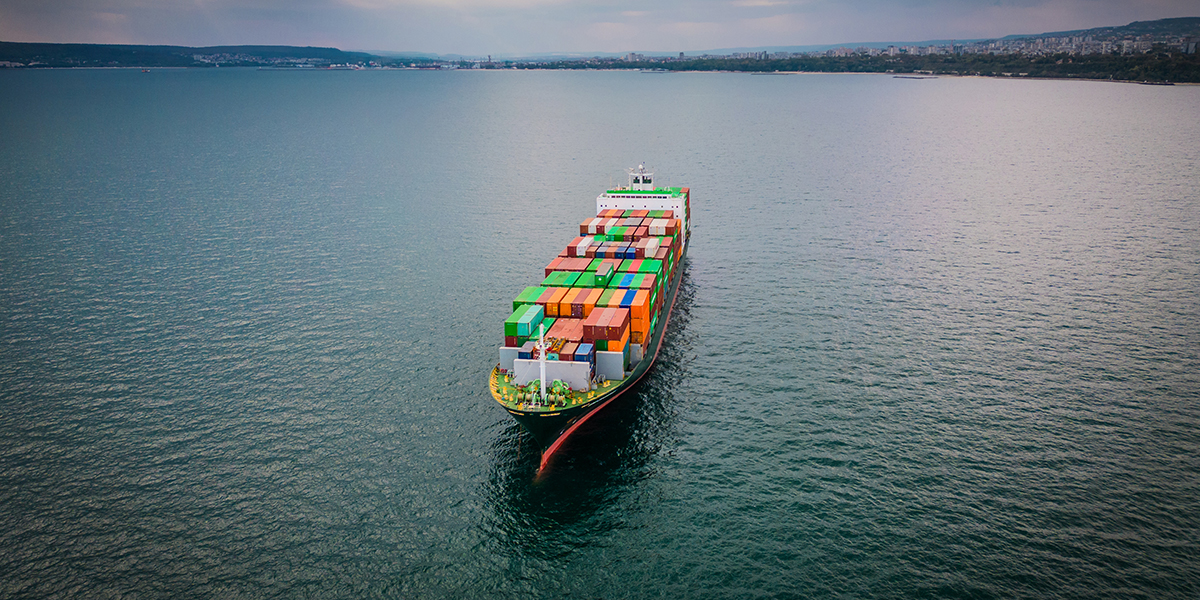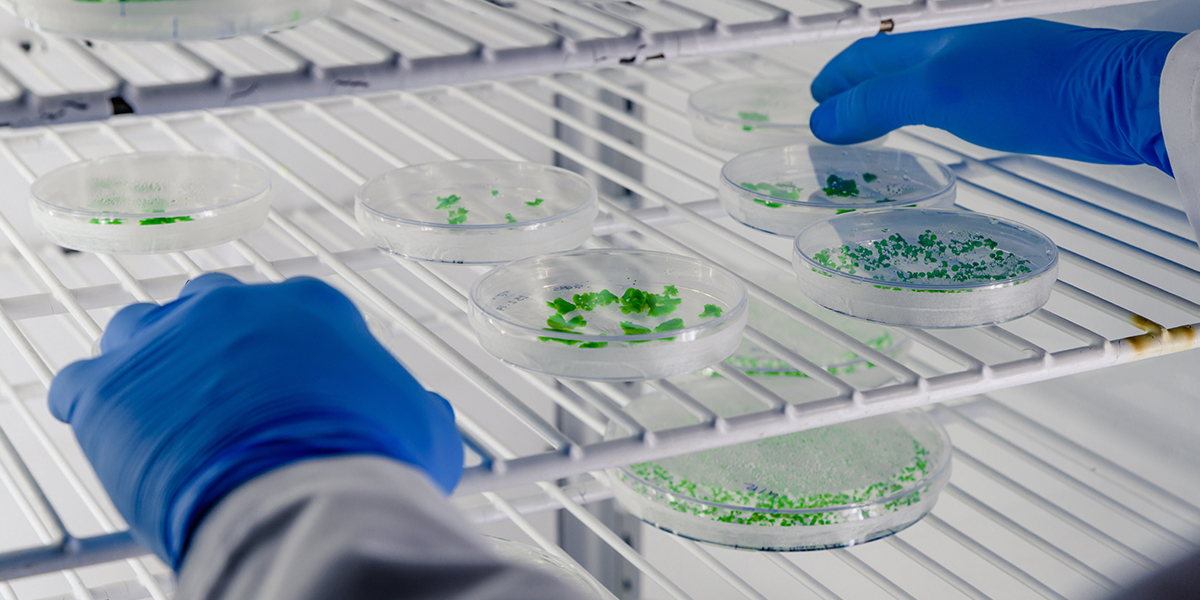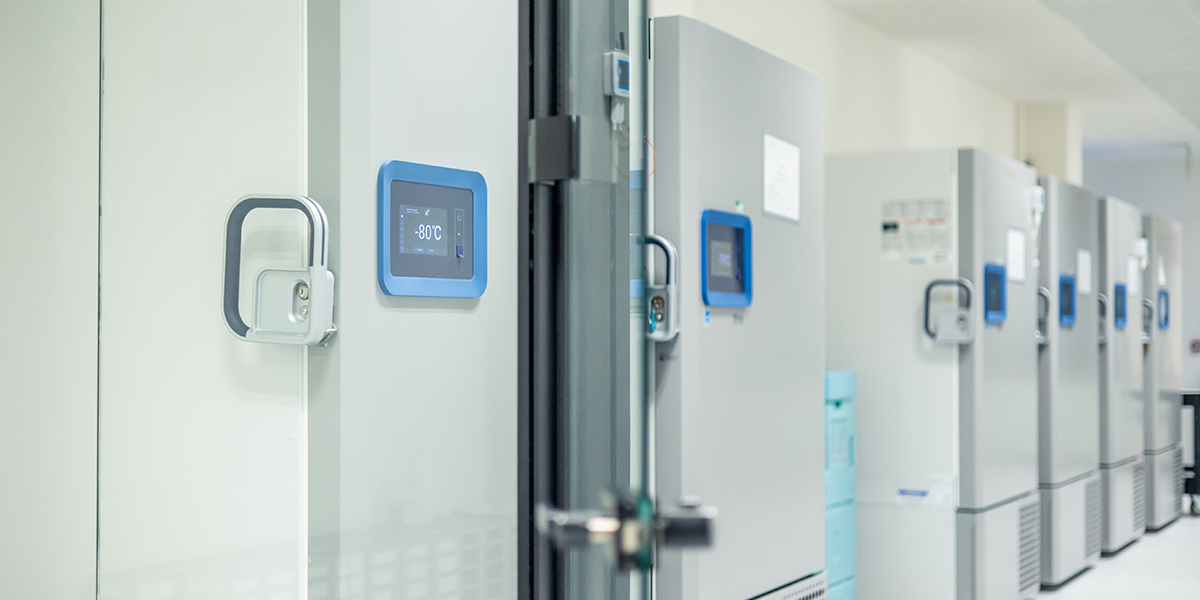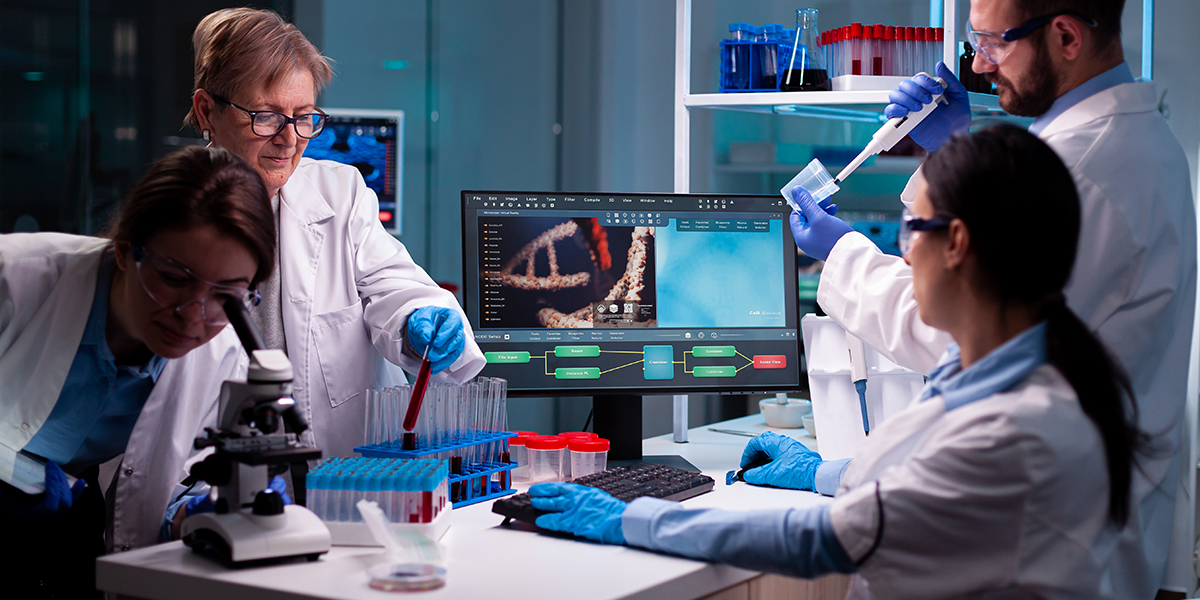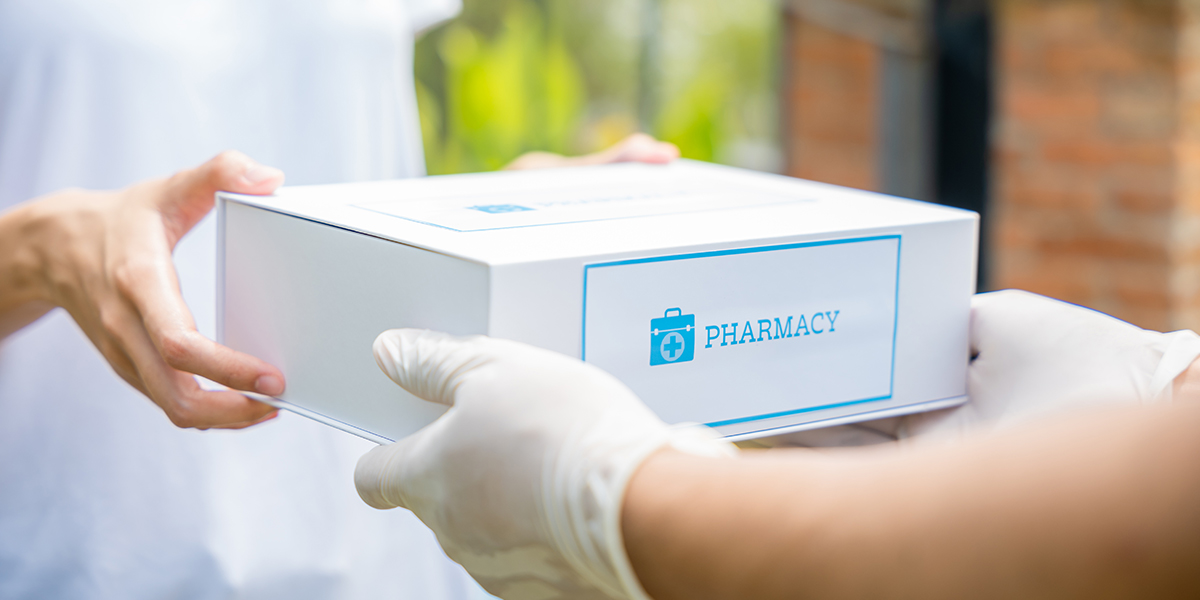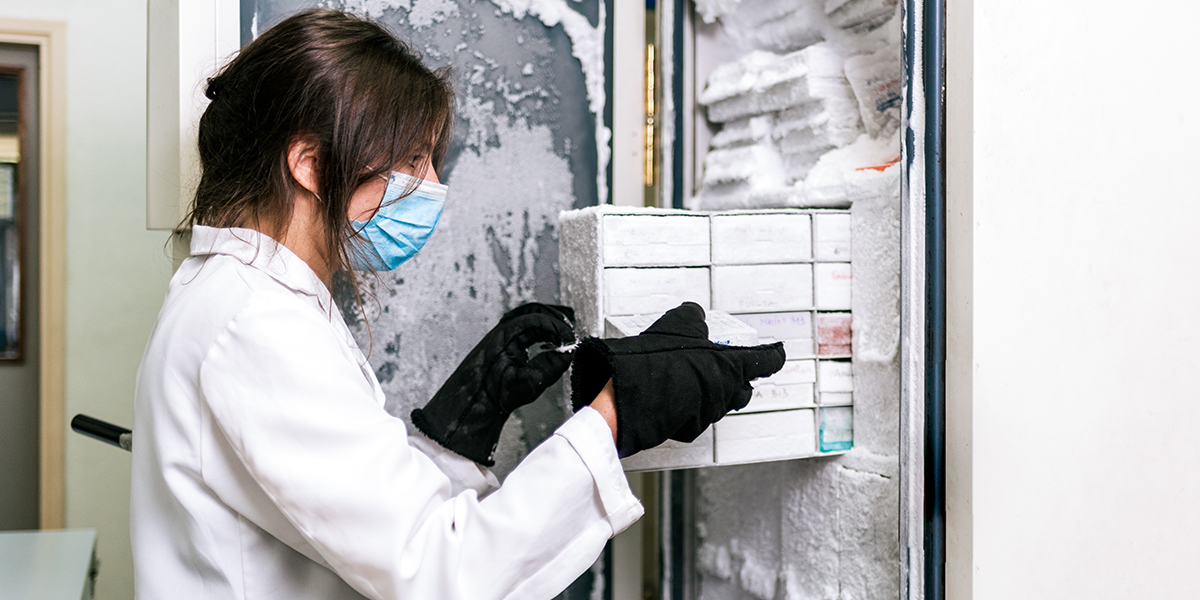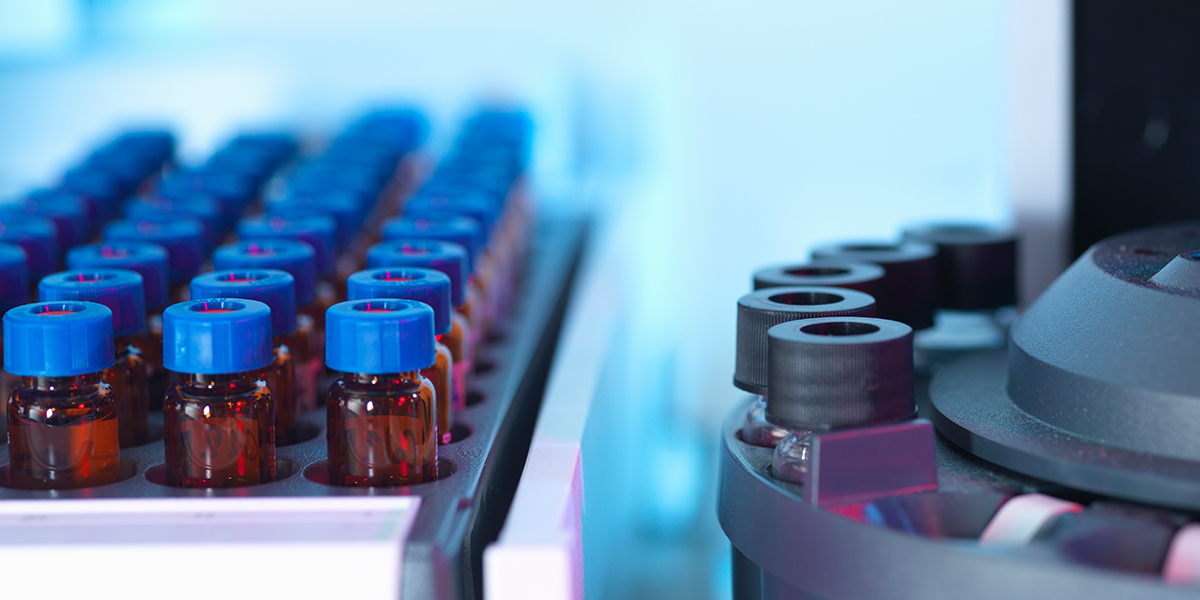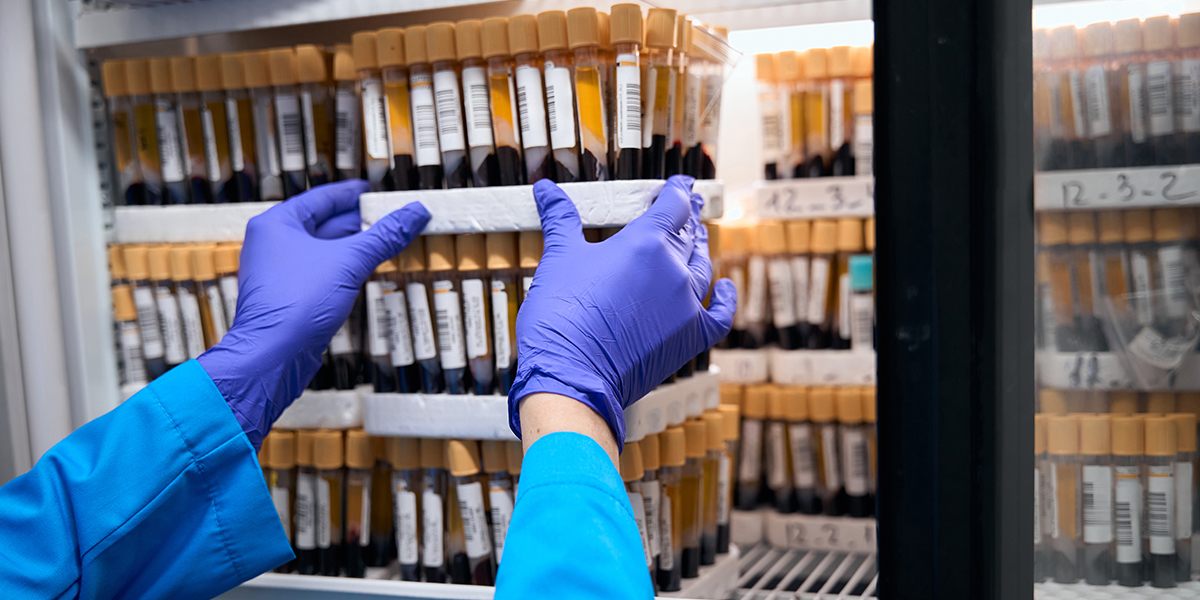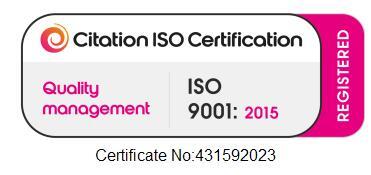The future of cold chain logistics is increasingly driven by cutting-edge technologies that ensure the safe and efficient delivery of temperature-sensitive biopharmaceutical products. With the rise of precision medicine, biologics, and vaccines, the importance of innovative cold chain solutions has never been greater. In this blog, we will explore how advancements in cold chain logistics technology are revolutionising the cold chain transport and storage of biopharmaceuticals, enhancing efficiency, and mitigating risks.
The Growing Demand for Advanced Cold Chain Solutions
As the pharmaceutical industry expands globally, the demand for cold chain logistics is escalating. The rise of precision medicine, biologics, and gene therapies has introduced new challenges, requiring robust temperature-controlled environments for products in transit. Ensuring that these temperature-sensitive products remain within specified ranges is crucial to preserving their efficacy and safety. This growing need for reliable cold chain solutions is transforming the cold chain logistics industry, particularly in the field of pharmaceutical logistics.
Technological Advancements Revolutionising Cold Chain Logistics
IoT for Real-Time Monitoring
One of the most significant innovations in cold chain logistics is the integration of the Internet of Things (IoT) for real-time monitoring. IoT-enabled sensors and devices allow for continuous cold chain monitoring, ensuring that pharmaceutical products remain within the required range throughout the entire supply chain. Real-time alerts for temperature excursions, handling issues, or environmental disruptions enable immediate corrective actions, minimising the risk of product degradation. This technology is vital for ensuring biopharmaceutical deliveries are conducted with utmost precision.
Blockchain for Transparency and Security
Blockchain technology is making a major impact by improving transparency and security in cold chain logistics. By providing an immutable ledger of every transaction and shipment stage, blockchain ensures the authenticity of pharmaceutical products. This technology also tracks compliance with regulatory standards and offers a tamper-proof record of the entire cold chain journey. As cold chain logistics companies adopt blockchain, they ensure greater accountability and traceability in the transportation of sensitive goods.
AI and Machine Learning for Predictive Analytics
Artificial intelligence (AI) and machine learning (ML) are enhancing the future of cold chain logistics. These technologies are utilised for predictive analytics, helping to optimise delivery routes, schedules, and maintenance of cold chain equipment. AI analyses historical data to forecast potential risks, delays, or disruptions, allowing companies to proactively manage their logistics operations. This forward-thinking approach is critical in maintaining the integrity of cold chain transport and ensuring the timely movement of temperature-controlled freight.
Advanced Packaging Technologies
Next-Generation Temperature-Controlled Packaging
Packaging plays a crucial role in maintaining the integrity of temperature-sensitive products. Advancements in temperature-controlled packaging have led to the development of passive and active packaging systems that provide longer-lasting cooling solutions and better insulation. These next-generation packaging materials ensure that pharmaceutical products remain within their required temperature ranges during transport, reducing the risk of spoilage or degradation.
Eco-Friendly and Sustainable Packaging
Sustainability is becoming a significant focus in cold chain logistics. The industry is seeing innovations in recyclable and biodegradable packaging materials that still meet the strict requirements for temperature control. These eco-friendly solutions not only reduce the environmental footprint but also ensure that cold chain shipping remains reliable and compliant with environmental standards.
Automation and Robotics in Cold Chain Logistics
Warehouse Automation
Automation is also transforming cold chain logistics. Automated storage and retrieval systems (ASRS) are increasingly used in cold storage facilities, streamlining inventory management, reducing handling times, and improving operational efficiency. In addition, robots are being utilised to handle goods in controlled environments, ensuring that temperature-sensitive products are transported and stored with precision.
Last-Mile Delivery Automation
The last mile of cold chain logistics is a crucial phase, and automation is playing a key role here as well. Drones and autonomous vehicles are being explored to deliver pharmaceutical products efficiently and quickly, ensuring that products are delivered without compromising their temperature integrity. This last-mile delivery automation is improving the speed and reliability of cold chain shipping, making it an exciting development for the future of the industry.
Cold Chain as a Service (CCaaS)
The rise of Cold Chain as a Service (CCaaS) is enabling pharmaceutical companies to outsource their temperature-controlled logistics needs to specialised providers. CCaaS providers offer end-to-end solutions, from packaging and transportation to storage and delivery, using the latest technology to monitor and manage every stage of the process. This helps companies focus on their core business while ensuring their cold chain operations are seamless and compliant with regulations.
Sustainability and Green Logistics
Environmental concerns are also shaping the future of cold chain logistics. The industry is adopting more sustainable practices, such as energy-efficient cold storage facilities, electric-powered delivery vehicles, and eco-friendly packaging. As the demand for temperature-controlled logistics increases, companies are finding ways to balance their carbon footprints with the need for reliable, on-time deliveries.
The Role of Data in Shaping the Future of Cold Chain Logistics
The increasing use of Big Data and data analytics is revolutionising cold chain management. By gathering insights from multiple sources, including GPS tracking, environmental sensors, and inventory systems, companies can optimise their operations, improve forecasting accuracy, and reduce risks. The power of data allows companies to anticipate potential disruptions, ensuring the safe and efficient delivery of biopharmaceuticals.
Challenges and Opportunities
Global Expansion and Complexity
As pharmaceutical products are transported internationally, maintaining the cold chain across varying regulatory standards presents significant challenges. However, advancements in IoT, blockchain, and AI are offering solutions to mitigate these challenges and improve cross-border operations, ensuring products are delivered safely and on time.
Regulatory Compliance
As the logistics industry becomes more technology-driven, maintaining compliance with stringent regulations such as Good Distribution Practices (GDP) will be essential. Continued investment in advanced technologies like real-time tracking and secure documentation is vital for ensuring compliance and mitigating the risks associated with transporting temperature-sensitive goods.
Partnering with Cool Reach for Innovative Cold Chain Solutions
As cold chain logistics technology evolves, companies like Cool Reach are leading the charge. Specialising in temperature-controlled shipping, Cool Reach uses state-of-the-art solutions to ensure that biopharmaceuticals reach their destinations safely and within the required temperature ranges. By integrating advanced temperature-controlled packaging and eco-friendly logistics, Cool Reach helps pharmaceutical companies optimise their supply chains. Their commitment to innovation and sustainability makes them a trusted partner in the cold chain logistics industry, particularly for those in the biopharmaceutical sector.
Conclusion
The future of cold chain logistics is defined by groundbreaking technological advancements that are transforming the transportation and storage of biopharmaceuticals. From IoT-enabled sensors and AI-powered logistics to sustainable packaging and automation, technology is at the heart of cold chain innovations. As these solutions continue to evolve, they will ensure the safe and efficient delivery of life-saving medicines and vaccines, helping to meet the growing demands of the pharmaceutical industry and improving the cold chain logistics industry worldwide.


